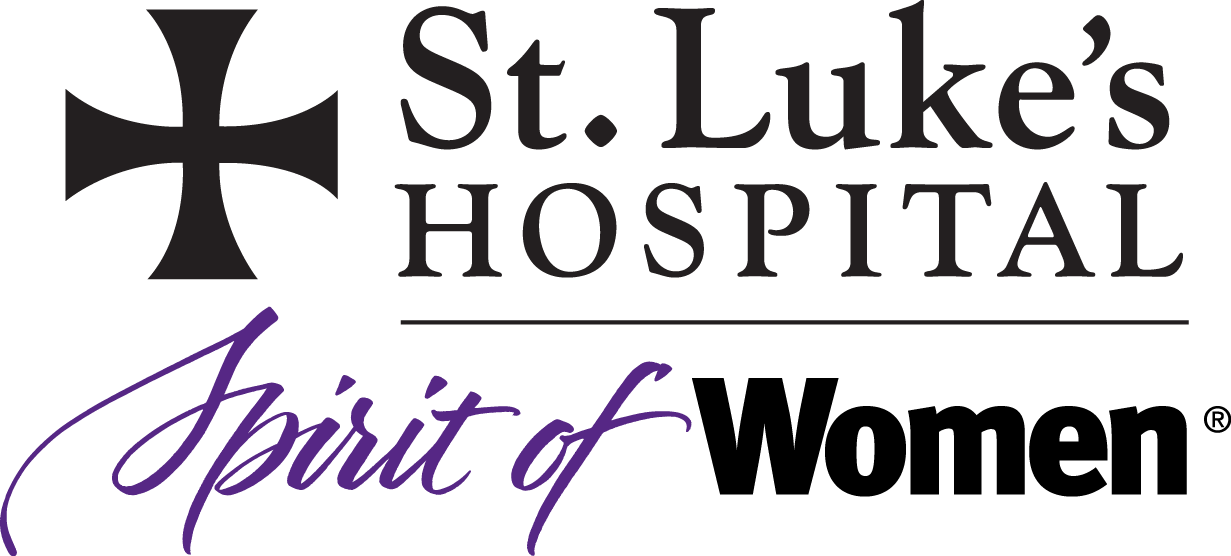Chew on This: Foods to Eliminate to Feel Better
Every day, you make decisions about what to eat. But how much do you really think about WHAT you’re putting in your mouth? If you’re like most people, not very much. Nutritional decisions matter when it comes to keeping us healthy and preventing illnesses. Poor food choices significantly raise our risks for developing preventable chronic diseases.
Here are a few tips for eliminating foods that do not benefit your health and well-being.
Although making healthy food choices can seem overwhelming, it doesn’t have to be. Focus on eating primarily plant-based foods (fruits, vegetables, beans and nuts) and lean protein sources, such as poultry, fish and low-fat dairy. These foods will fuel your body and your brain and help you maintain a healthy weight.
The healthiest diet consists of a wide range of natural—not man-made—foods. When selecting produce, think color and variety and include plenty of both to take advantage of the extensive array of nutrients in plants. Chose organic or locally grown produce, if possible. Cold water, wild-caught fish, such as salmon and sardines, are great sources of lean protein and essential omega-3 fatty acids. Health experts recommend you eat fish twice weekly. An easy rule of thumb to help you make good food choices is to primarily shop the perimeter of the grocery store, where you’ll find produce, dairy, seafood and poultry. Limit purchases from the middle aisles, where stores stock most of the processed foods.
Manufacturers call sugar by different names. Beware of hidden sugars in your food that have the following labels:
- Brown sugar
- Glucose
- High-fructose corn syrup
- Lactose
- Molasses
- Trehalose
- Corn sweetener
- Fructose
- Honey
- Malt syrup
- Raw sugar
- Turbinado corn syrup
- Dextrose
- Invert sugar
- Maltose
- Sucrose
Saturated fat. Your body needs saturated fat, but you make enough to meet your own requirements without adding saturated fats from unhealthy food choices. Limit your consumption of dietary saturated fats from red meat, butter and solid fats (such as lard) to less than 10 percent of your daily calories.
Trans fats. Trans fats, which are found in manufactured products such as baked cookies, cakes, crackers and fried foods, have absolutely no health benefits and actually raise levels of “bad” cholesterol (LDL) while lowering levels of “good” cholesterol (HDL). Read ingredient labels and skip foods that list Trans fats.
Processed meats. Meat products, such as hot dogs and luncheon meats, are preserved by smoking, curing, salting or adding chemical preservatives. They have little nutritional value and are associated with an increased risk of health problems, such as colon cancer. Don’t eat them.
Added salt. Too much dietary salt (sodium chloride) can lead to high blood pressure and other health problems. Limit your daily salt consumption to less than 2300 mg/day, which is equal to one teaspoon of salt. Most of your daily sodium intake comes from hidden salts in processed foods, such as canned soup, dressings, luncheon meats, breads and even pizza. The amount of added salt in these products varies widely; check labels and select those that are lowest in salt.
Added sugars. Sugars add calories to your food without contributing nutrients. When food labels list sugar as one of the first ingredients, that food is mostly sugar. The primary culprits for added dietary sugars are sweetened beverages, such as soda, fruit juices and sports drinks. Most fast foods and prepackaged goods are also chocked full of sugar (and other unhealthy ingredients) that make them taste great but add no nutritional value. Try to limit your consumption of added sugars to less than 10 percent of your daily calories.
Action Items:
Talk to your doctor about your diet. Learn to read food labels so you can limit or avoid foods high in added sugar, salt and trans or saturated fats.
